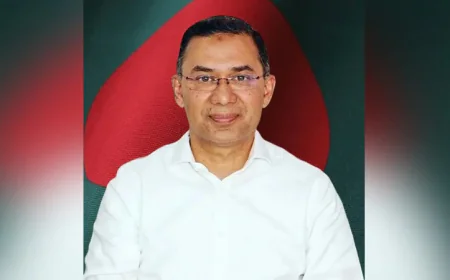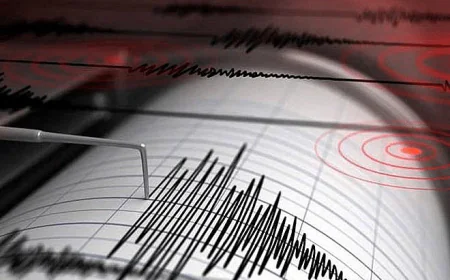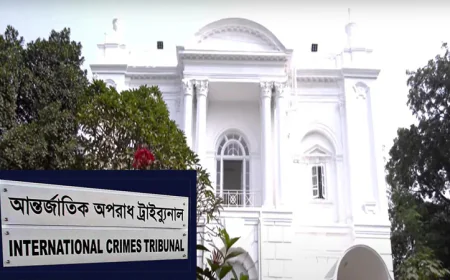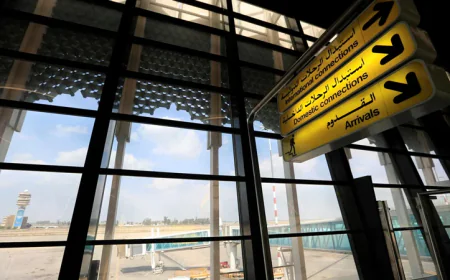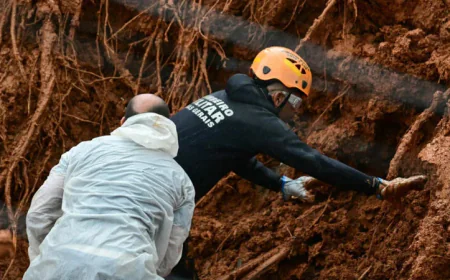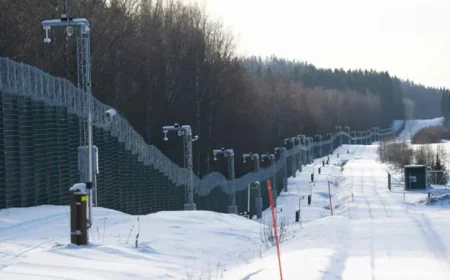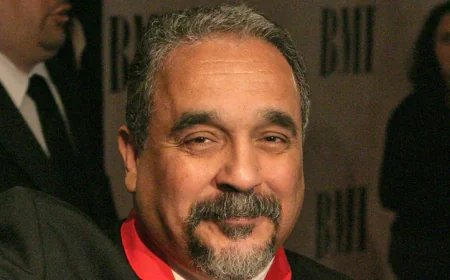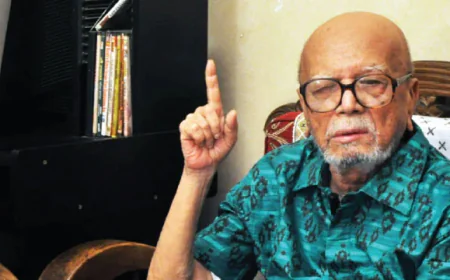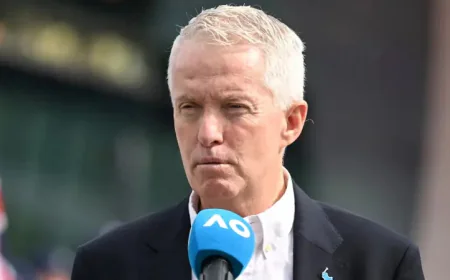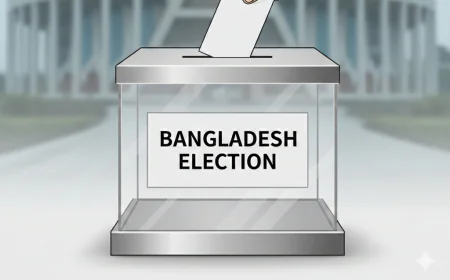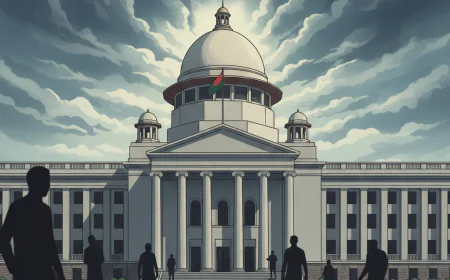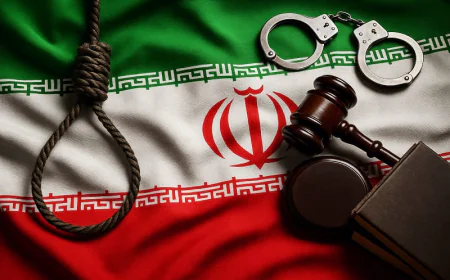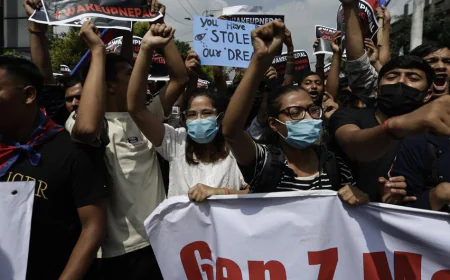Israeli Offensive Expands in Gaza City Amid Killings of Starving Aid Seekers.
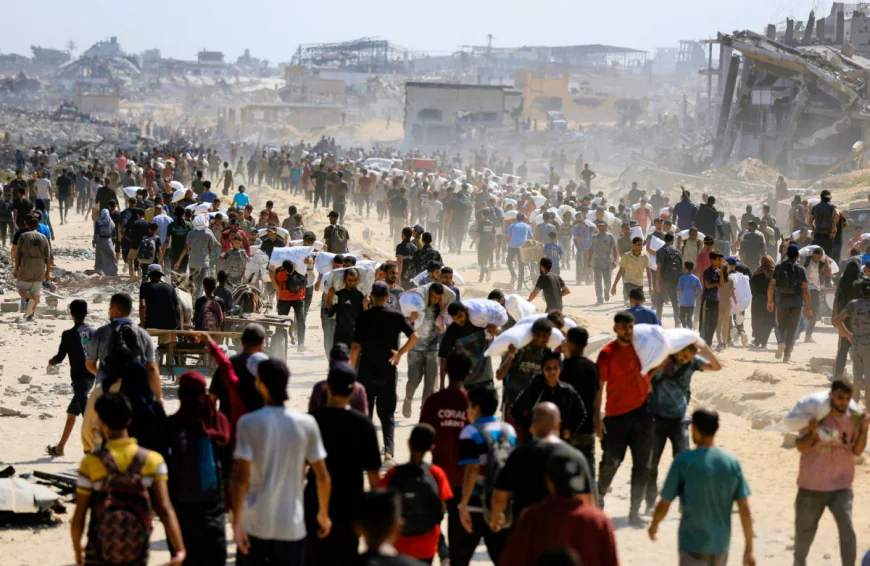
Israeli forces have widened their military offensive in Gaza City, pushing deeper into residential neighborhoods and intensifying bombardments, even as outrage grows over the killing of dozens of Palestinians who had gathered to collect desperately needed food aid. According to Gaza’s Health Ministry, at least 80 Palestinians were killed and more than 150 injured when Israeli fire struck groups waiting for flour and other basic supplies near distribution points on Saturday. Many of the victims were children and elderly people who had been standing in long lines for hours under heavy bombardment.
Eyewitnesses described chaotic scenes, with bodies strewn across the streets as people tried to flee with whatever aid they could grab. Ambulances struggled to reach the site due to ongoing shelling, and survivors said several injured civilians bled to death while waiting for help. “This was not a battlefield,” said a local doctor at Al-Shifa Hospital. “These were starving people holding empty bags, waiting for food.” The killings come amid what aid agencies describe as a total collapse of the humanitarian system in Gaza. Nearly 2.3 million residents remain trapped under siege, with food, water, and medicine running out. The United Nations has repeatedly warned of famine conditions, saying that children in particular are dying from malnutrition and preventable diseases.
The World Food Programme (WFP) confirmed that its distribution teams have been unable to operate in several northern districts because of what it called “continuous bombardments and lack of safety guarantees.” The International Committee of the Red Cross warned that Gaza’s health system has been “reduced to rubble,” with hospitals running on generators and performing surgeries without anesthesia. The Israeli military confirmed it had expanded its offensive in Gaza City, describing it as a “new phase” aimed at dismantling remaining Hamas strongholds. Officials said operations included house-to-house raids, armored incursions, and airstrikes targeting what they described as militant infrastructure hidden in civilian areas.
Israel denied deliberately targeting civilians at aid distribution points, but suggested that armed groups might have been present in the crowds. “We are aware of civilian casualties during chaotic situations near convoys,” a military spokesperson said, adding that investigations were ongoing. The European Union called the attack “unacceptable” and demanded Israel open safe humanitarian corridors. Egypt and Qatar, key mediators in previous ceasefire talks, accused Israel of “deliberate targeting” and warned that the conflict risked spiraling out of control. The United States expressed “deep concern” and urged Israel to ensure protection of civilians while reaffirming its security commitments to Tel Aviv. Turkey and South Africa called for emergency sessions at the United Nations Security Council.
Despite mounting criticism, attempts at negotiating a ceasefire have stalled, with Israel insisting Hamas must release all hostages before any truce can be considered. Hamas has accused Israel of using starvation as a weapon of war. Inside Gaza City, residents describe an atmosphere of constant fear and hunger. Entire neighborhoods have been reduced to rubble, and families are sheltering in schools, mosques, and hospitals that themselves are frequent targets of strikes. Food prices have skyrocketed, with bread and flour nearly impossible to find. Some families have resorted to boiling weeds or animal feed for survival. Electricity has been cut off for months, leaving much of the city in darkness except for the sound of drones and explosions overhead.
“We buried five children yesterday who starved before they could reach the hospital,” said a nurse at Kamal Adwan Hospital. “Now, people are being shot while waiting for bread. There is no humanity left here.” As Israel expands its campaign and civilians face worsening hunger, international observers warn of an impending humanitarian catastrophe of unprecedented scale. The UN has called for an immediate humanitarian pause, but without a binding agreement, aid groups say their convoys cannot safely operate. Analysts fear the killings of aid seekers could further inflame regional tensions, undermining mediation efforts and fueling protests across the Middle East. For families in Gaza, however, survival remains the only concern. “We don’t think about tomorrow anymore,” said one father of four. “We only think: will we eat today, or will we die today?”

